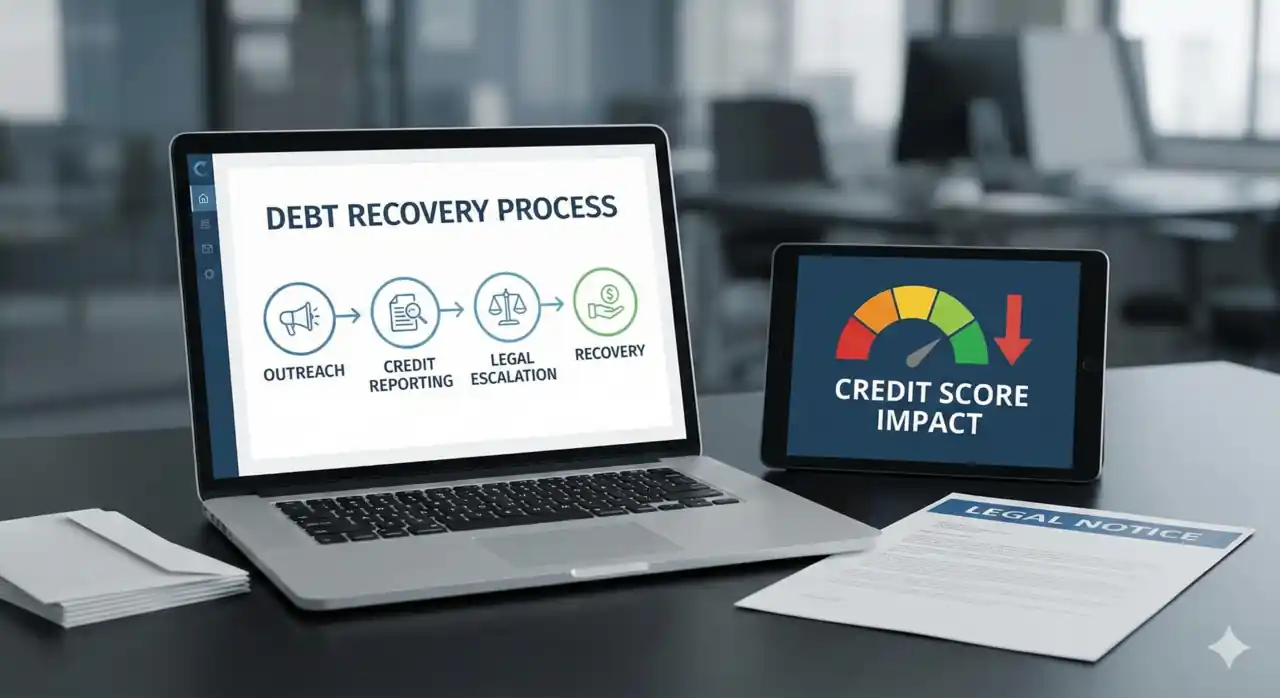The Myth of the “Ignored” Account: Professional Recovery in the Digital Age
In the modern healthcare and B2B economy, there is a persistent myth that if a balance is simply ignored, it will eventually vanish. For the professional practice or business owner, an unresponsive account is a drain on cash flow and a primary driver of staff burnout.
At Nexa Collections, we believe unresponsiveness is not a dead end—it is a signal to activate a more sophisticated, data-driven reconciliation process.
The Nexa Security Suite: Bridging the “Unresponsive” Gap
When internal reminders fail, our Account Reconciliation Team deploys a multi-layered strategy that moves beyond simple phone calls. We use “Respectful Friction” to ensure your practice remains protected while we resolve the outstanding balance.
1. Advanced Skip Tracing & Verification
“Hiding” is increasingly difficult in a connected economy. We utilize deep-dive skip tracing and USPS address verification to identify current contact information for patients or vendors who have moved or changed their details. We don’t just “chase” leads; we verify them to ensure every outreach is accurate and compliant.
2. Strategic Credit Reporting (The Non-Legal Lever)
For many, a credit report is the primary gateway to major life milestones—home loans, car financing, and employment screenings. We utilize Credit Reporting to major bureaus (Experian, TransUnion, Equifax for consumers; Dun & Bradstreet for B2B) as a powerful, non-legal lever. An unresponsive account that hits a credit report remains a barrier for seven years, often motivating a resolution when all other efforts have failed.
3. Pre-Legal Review & Judgment Enforcement
If professional mediation and credit reporting do not yield results, we activate our pre-legal layer.
-
The Litigation Scrub: We screen every account for high-risk or litigious profiles before escalating, protecting your practice from counter-suits.
-
Structured Enforcement: When litigation is recommended and approved, we pursue formal judgments. This can lead to wage garnishments or bank levies, ensuring that unresponsiveness has real, enforceable consequences.
The “Peace of Office” Advantage
Once an account becomes unresponsive, it should no longer take up space on your front desk’s task list. By transitioning these accounts to our team, you achieve:
-
Reduced Staff Burnout: Your team stops playing “private investigator” and returns to patient care and core operations.
-
Reputation Safety: Every outreach is recorded and reviewed. We maintain a respectful, clinical tone that prevents the “review-bombing” often associated with aggressive agencies.
-
Net-Zero Investment: With our $15 fixed-fee and contingency options, the cost of professional recovery is often neutralized by the revenue reclaimed—and is typically tax-deductible as a business expense.
Frequently Asked Questions
Q: What is the risk of waiting too long to send an unresponsive account to collections?
A: Time is the enemy of recovery. As an account ages, the “paper trail” fades and the debtor’s sense of obligation diminishes. We recommend a “90-day rule”: if internal efforts haven’t worked by month three, it’s time for professional reconciliation.
Q: Can unresponsiveness be caused by a language barrier?
A: Frequently. Many accounts are “ignored” simply because the patient doesn’t fully understand the billing cycle. Our Bilingual (Spanish) Team removes this friction, resolving many “unresponsive” accounts through clear, inclusive communication.
